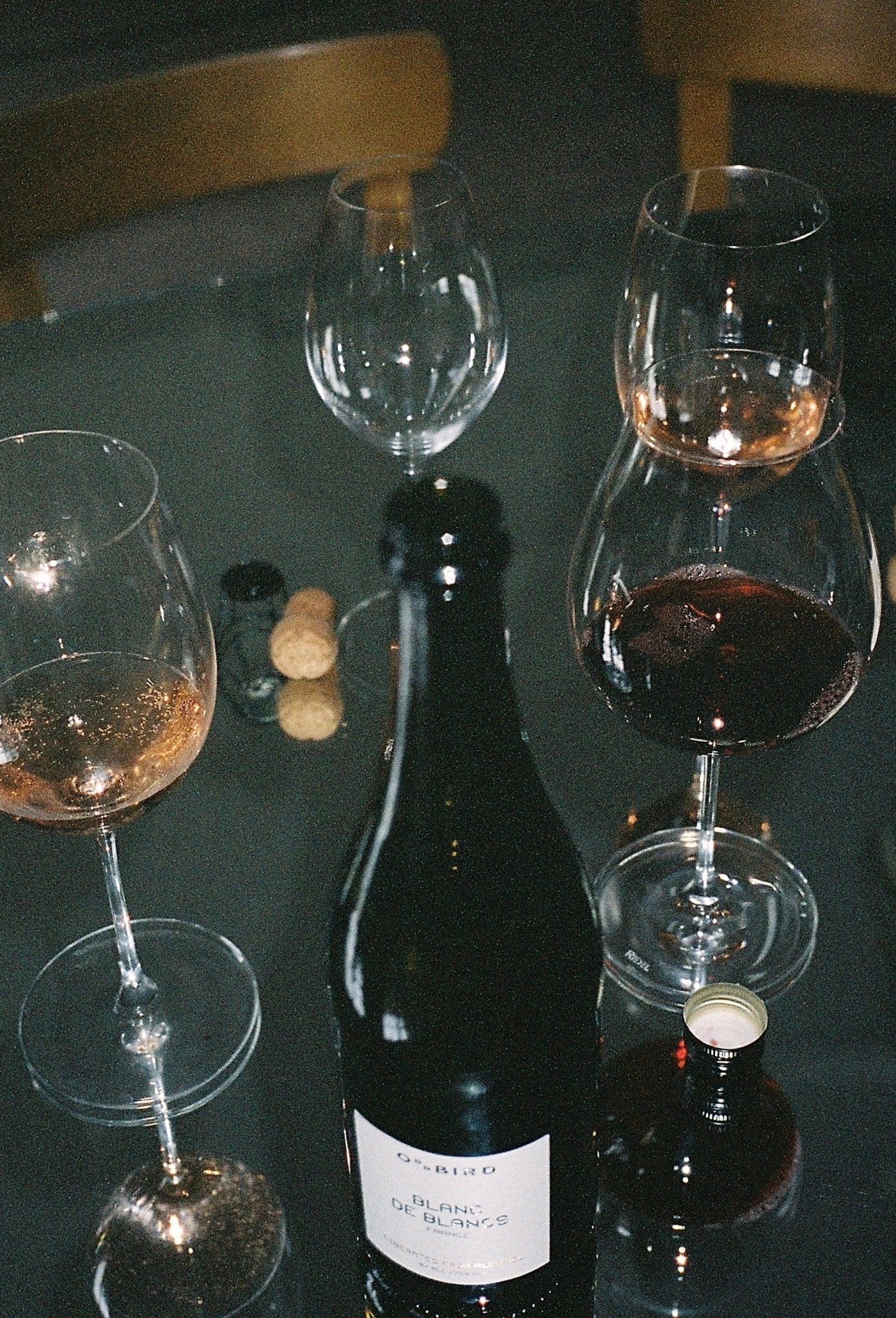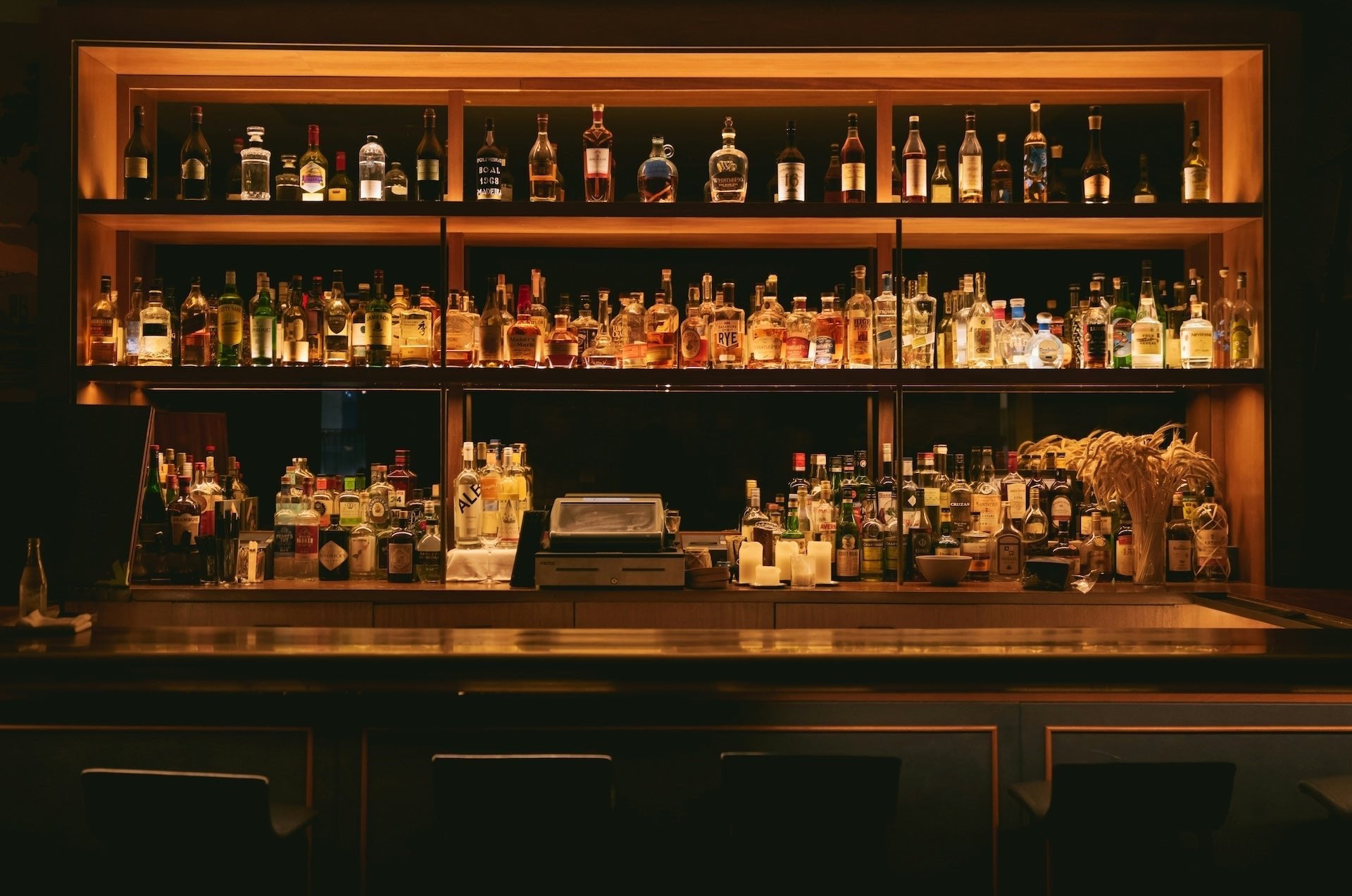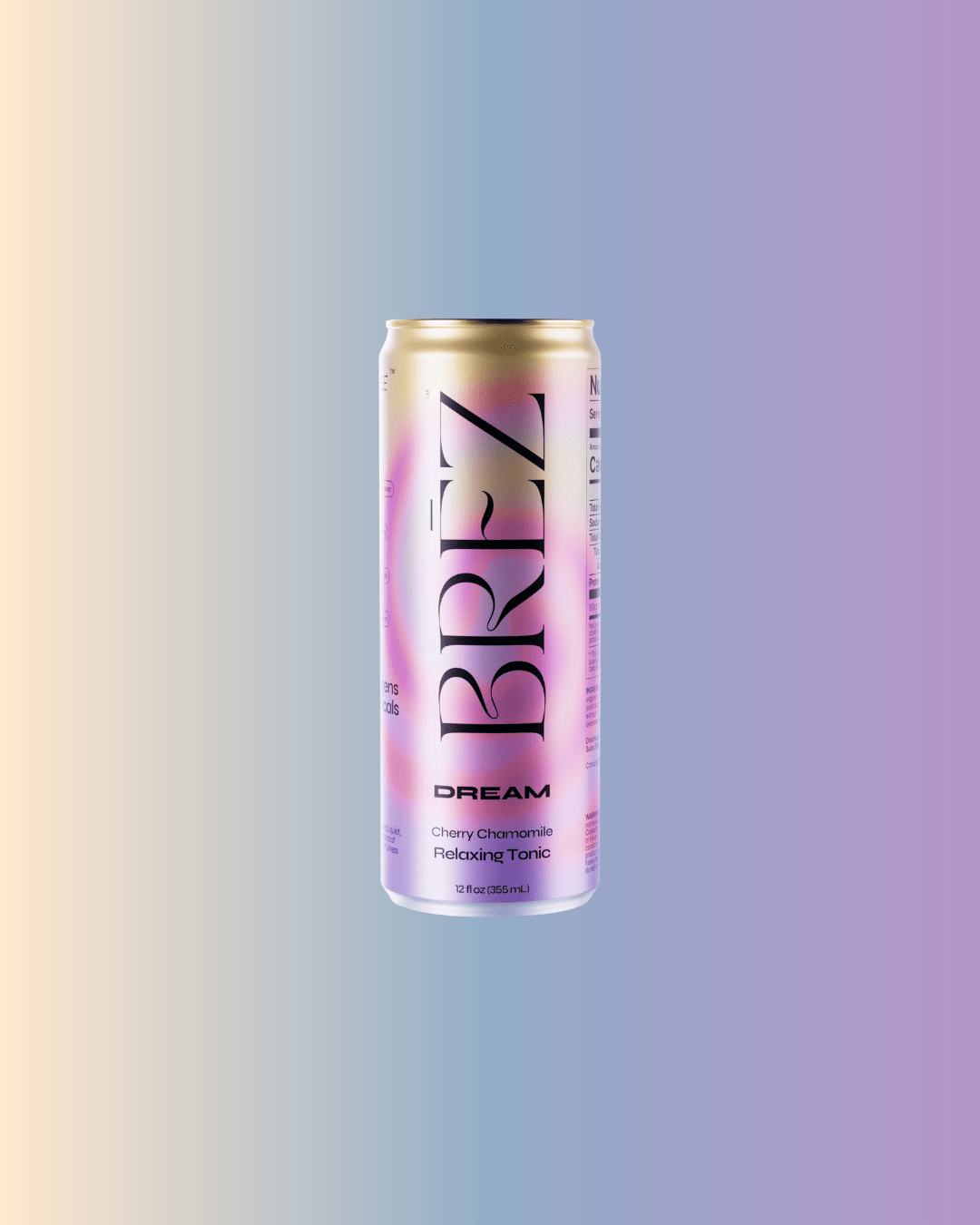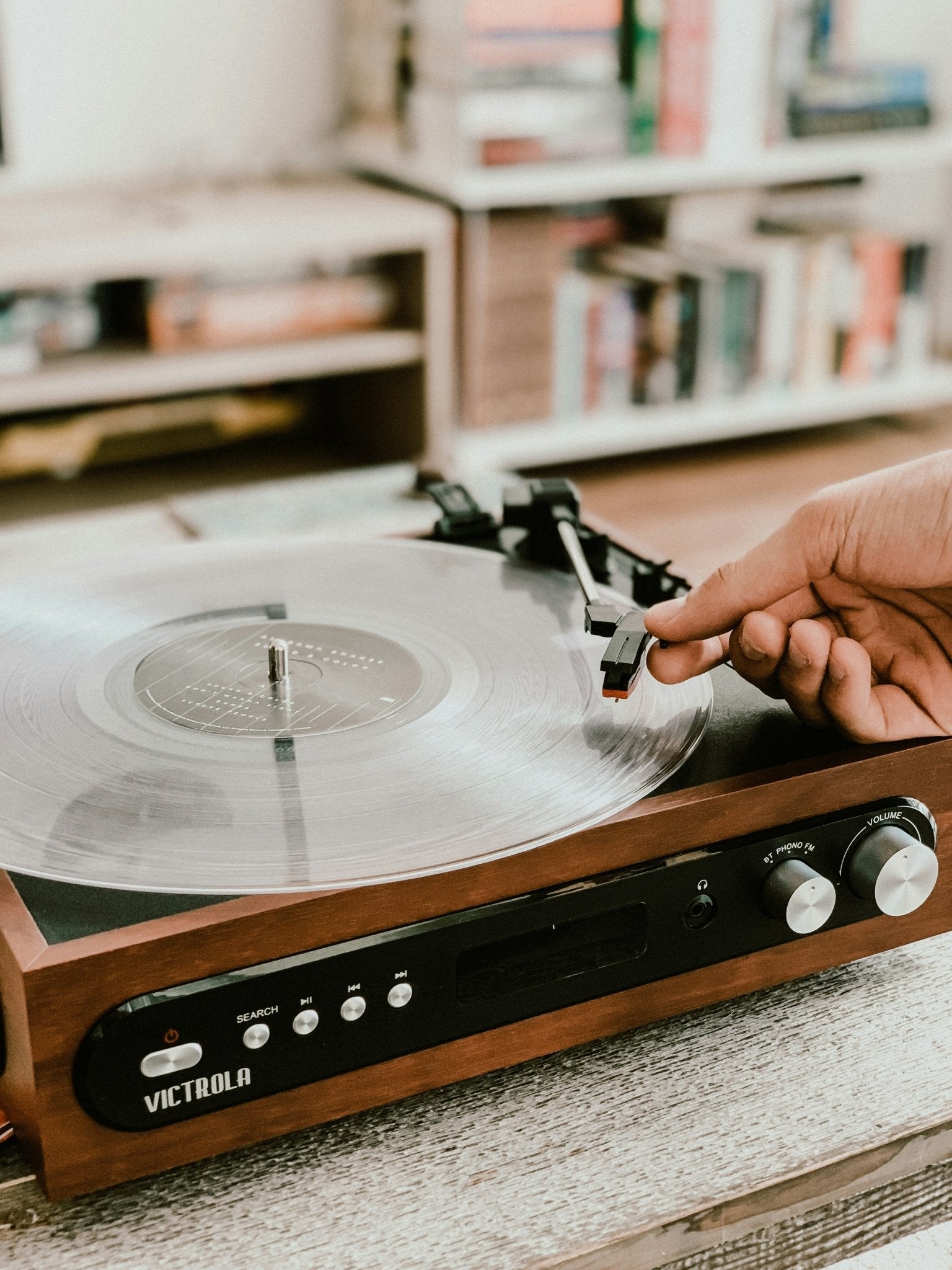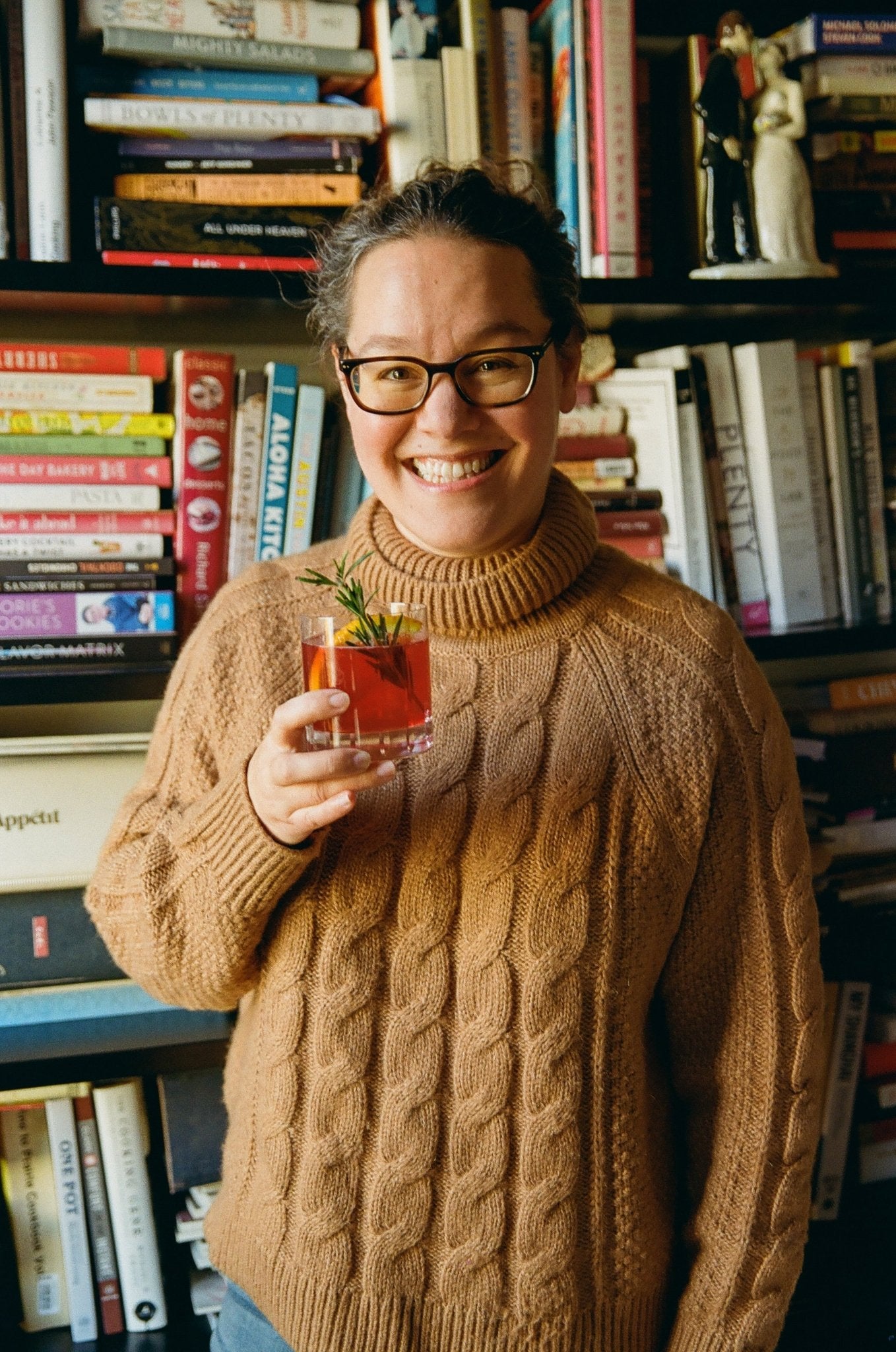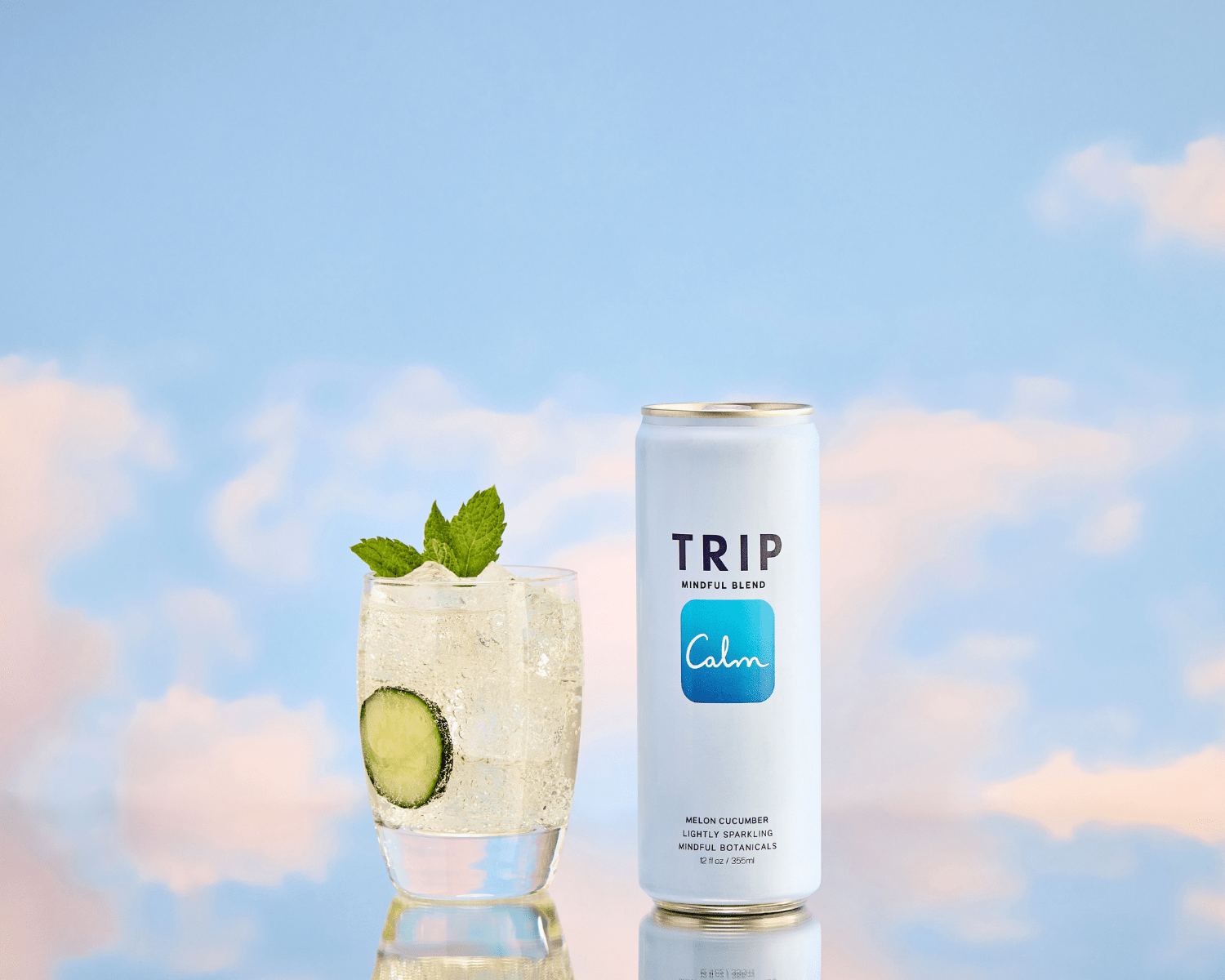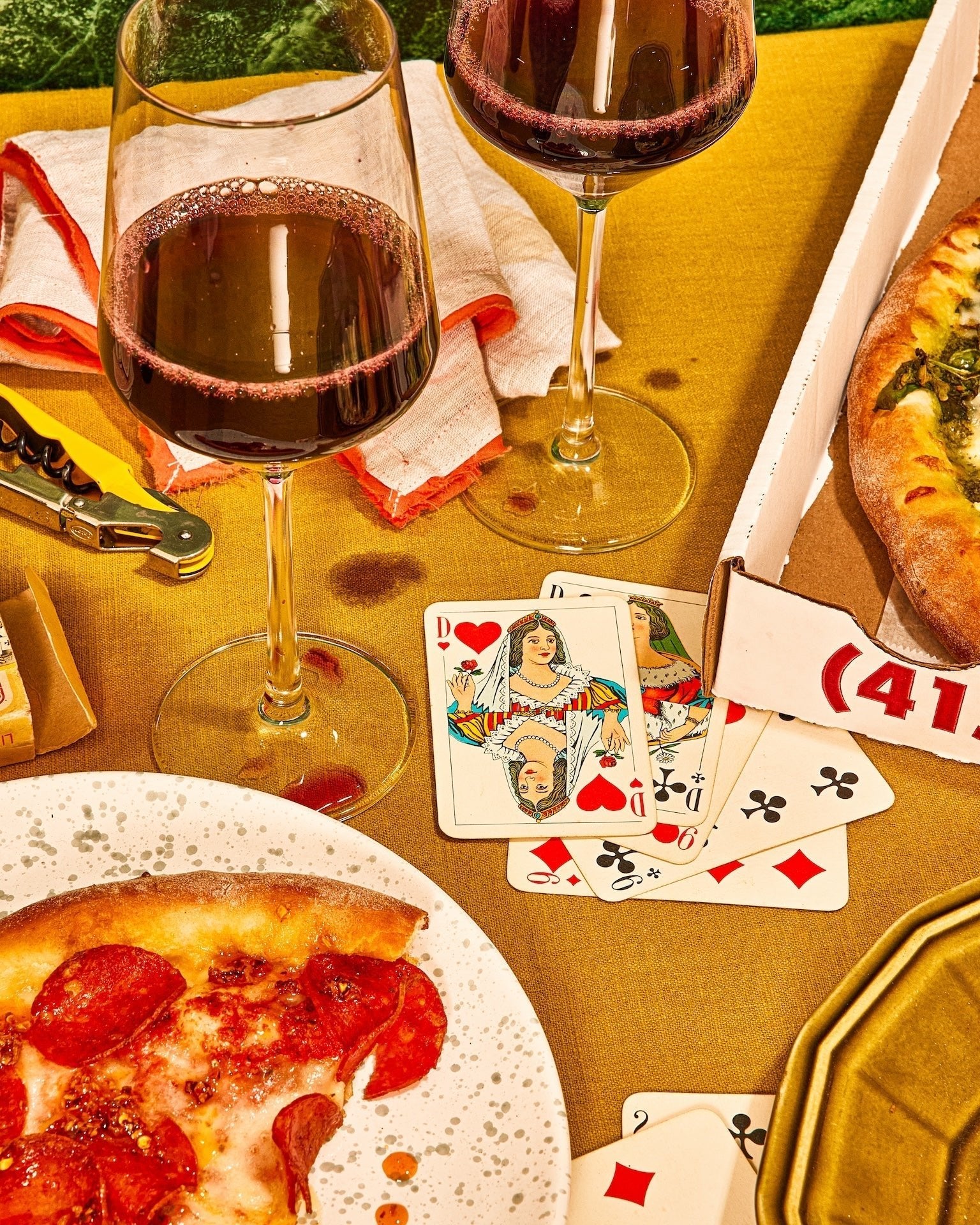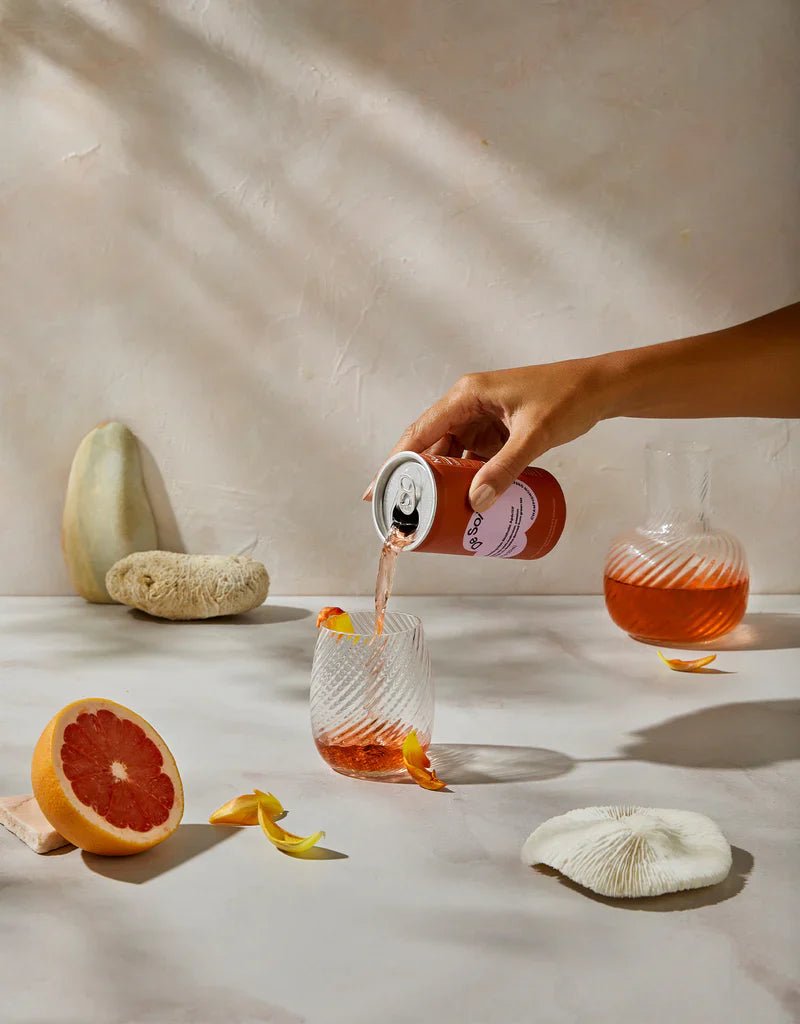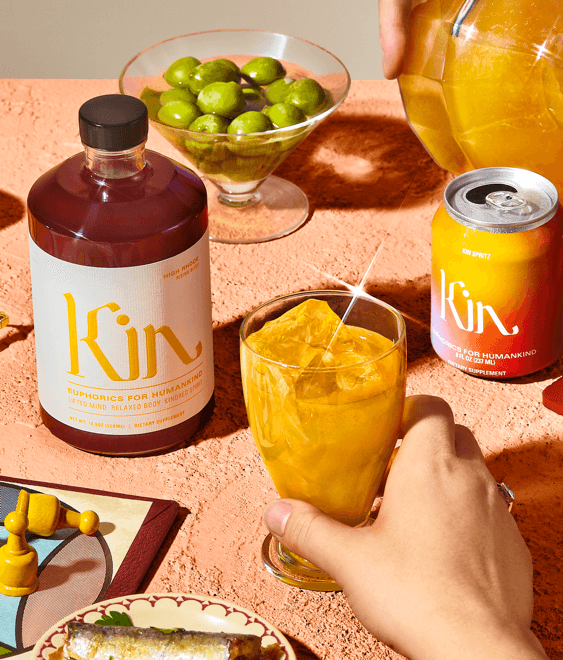Why Non-Alcoholic Beer Went Mainstream First — And What It Means for What’s Next
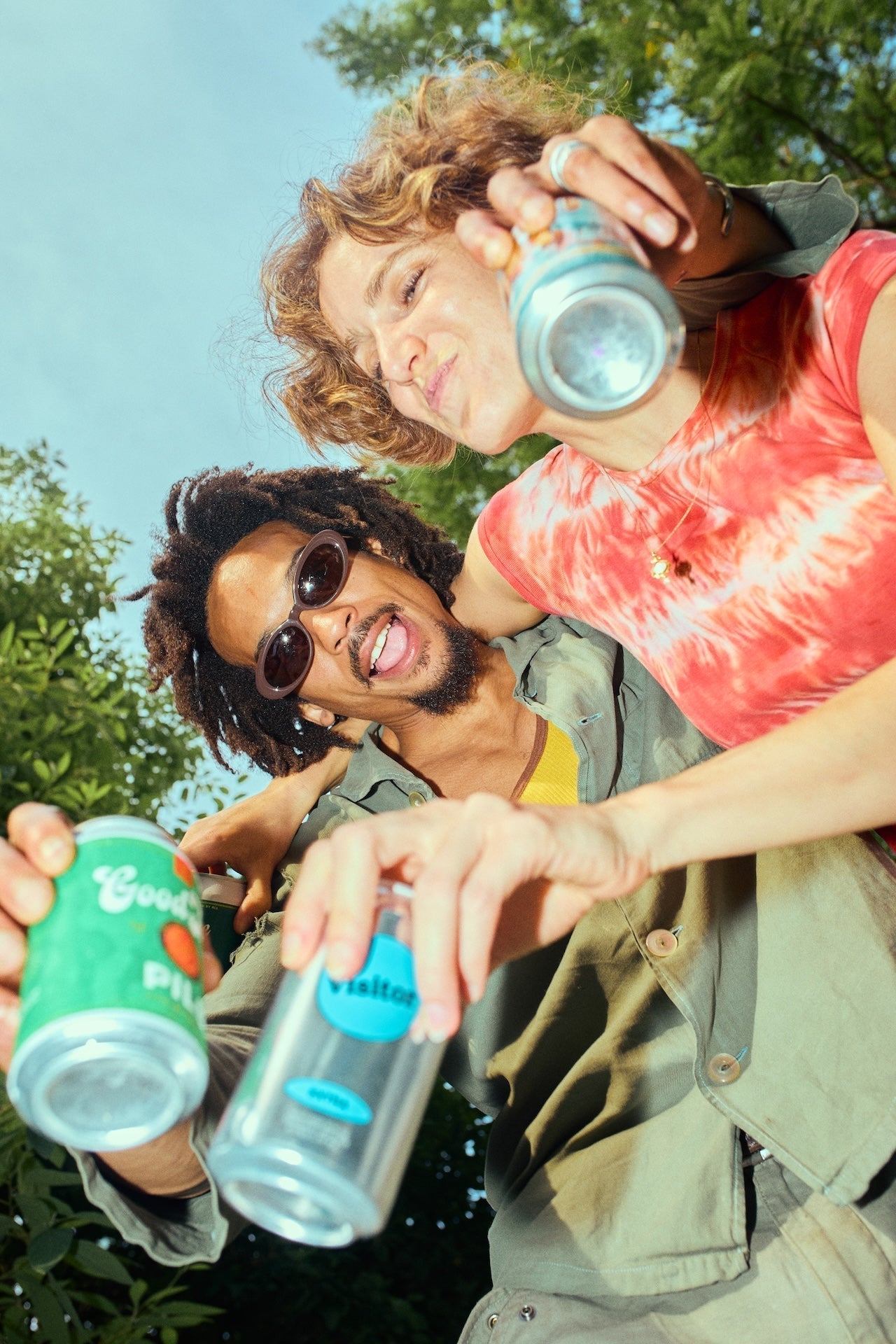
You’ve probably seen it everywhere by now—non-alcoholic beer on tap, in coolers, and in the hands of more people than ever before. But why did NA beer go mainstream before other non-alc options like wine or spirits?
The answer lies in a mix of culture, production strategy, and simple consumer psychology. At The Zero Proof, we’ve been tracking this trend from the beginning—and it’s no accident that NA beer led the way.
Familiarity Breeds Comfort
Beer already plays a starring role in tailgates, concerts, post-work rituals, and backyard barbecues. It’s arguably America’s most sociable drink. For people looking to cut back or abstain without skipping the social cues, NA beer offers a nearly seamless swap. You can hold a non-alcoholic beer at a party and no one bats an eye.
As the NA Beer Club notes, beer also fits into casual, everyday occasions more easily than NA wine or spirits, which still carry expectations of “special” or “crafted” use moments.
Production Strategy Was a Game-Changer
Athletic Brewing, one of the first breakout NA beer brands, distinguished itself by owning its entire production process. That enabled them to rapidly iterate, taste on-site, and control quality without waiting on third-party facilities—a huge competitive edge.
Most NA wine and spirit brands rely on outside co-packers or dealcoholization services. NA beer brands with in-house facilities—like Athletic—could launch faster, scale smarter, and refine flavor more quickly.
NA Beer Simply Tastes Closer to the Real Thing
One of the biggest reasons beer led the category? Flavor parity. Many NA beers now deliver a taste, mouthfeel, and finish that rivals traditional brews. NA spirits still require mixers to shine. NA wines often lack body, tannin, or depth.
This flavor credibility builds consumer trust and repeat purchasing.
Cultural Momentum + Big Brand Buy-In
As reported by USA Today, non-alcoholic beer is now the second-largest NA beverage category in the U.S. behind soda, driven by demand from millennials and Gen Z drinkers. With growing awareness around alcohol-related health risks, NA beer is benefiting from both cultural and clinical shifts.
And big players are all-in: Heineken 0.0, Bud Zero, and Coors Edge now sit side-by-side with traditional offerings on major shelves.
What This Means for What’s Next
NA beer didn’t succeed by accident—it succeeded by being familiar, good-tasting, and accessible. And its trajectory may offer a blueprint for what’s next in alcohol-free wine and spirits.
What’s needed now:
-
Smarter brand storytelling
-
Better flavor R&D
-
Wider retail access
-
More cultural context
As NA spirits and wines mature, we’ll be watching how they borrow lessons from beer—and how they create distinct rituals of their own.
At The Zero Proof, we’re raising a glass to what’s next.
